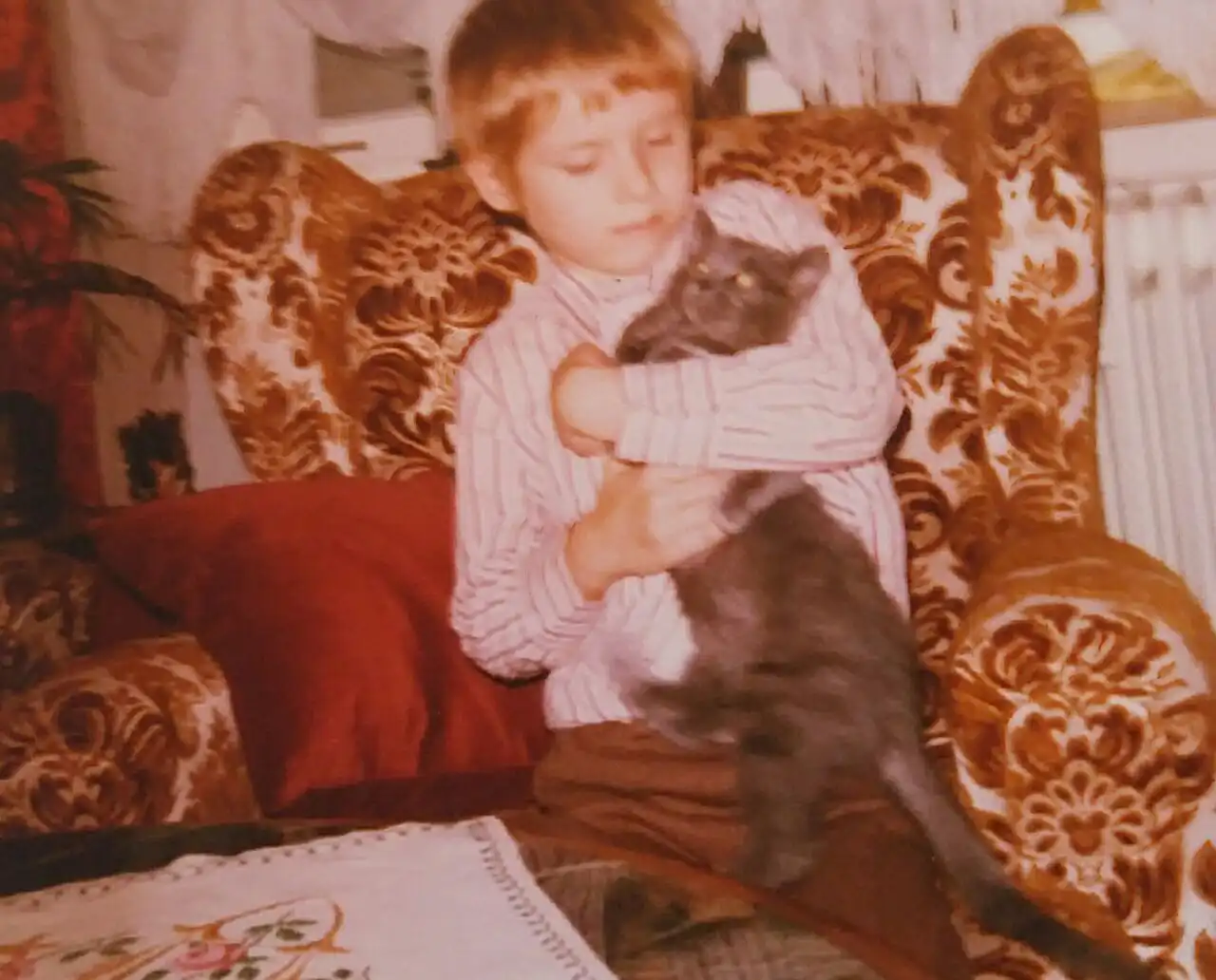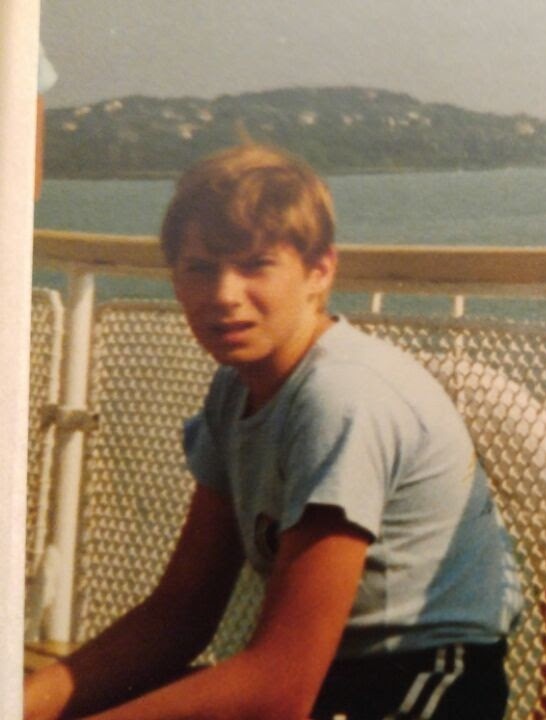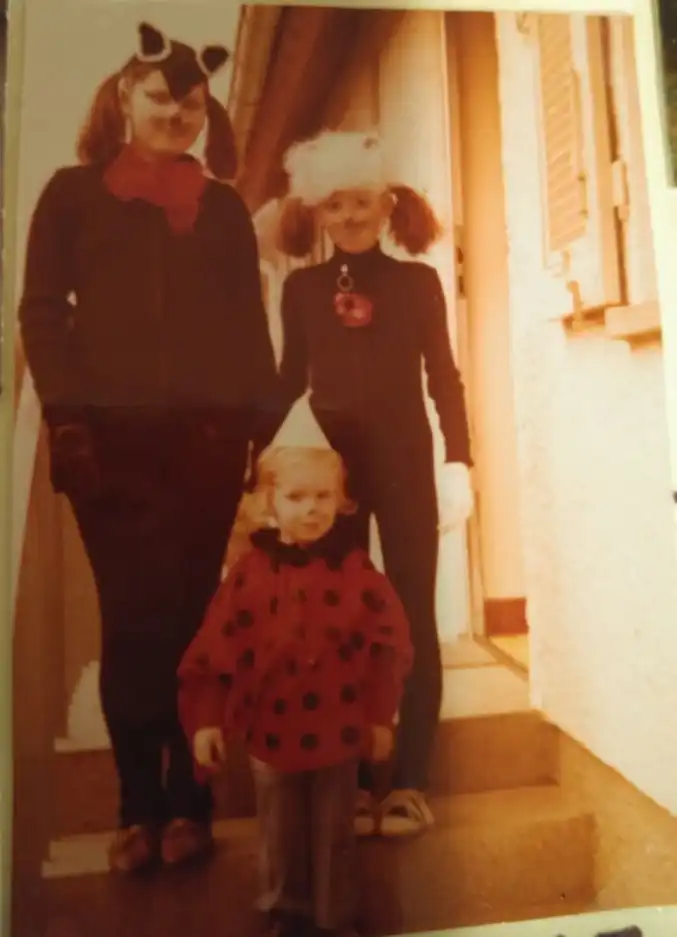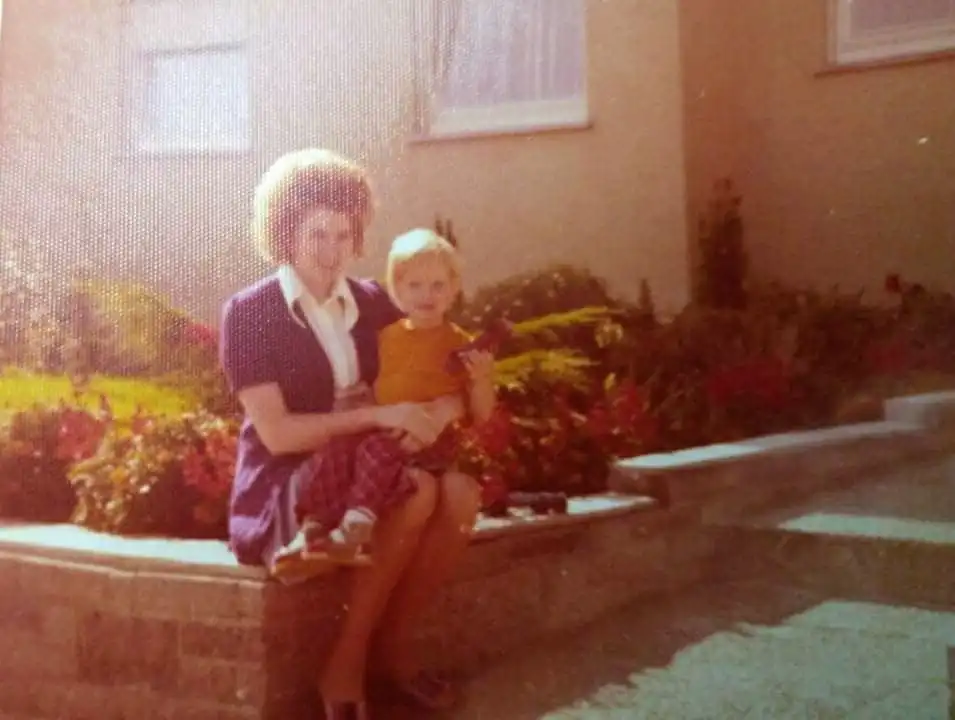During my childhood, my mother was busy with her studies, pursuing a second education path, so I spent a lot of time with my grandmother. She lived in a house on the outskirts of the city, with a beautiful view down into the valley and the river. Every morning, before I went to school, my mother would tell me whether I should come home for lunch or go to my grandmother’s. If I was supposed to go to her, I would get off the school bus three stops early. Often, I’d see my grandmother working in the garden as the bus passed her property. Sometimes, I’d walk directly from school to her house, saving myself the long wait for the bus. This way, I was often already inside the house when the bus drove by.

The days spent with my grandmother were filled with fascinating stories. She would tell me about her homeland, life on the steppe, and her childhood. She often spoke of her father, who had fallen in World War I fighting for the Tsarist Empire, and of the time when the Nazis came east, and they had to leave their home. She showed me cherished items she had saved and spoke of all the things that were lost. To me, these stories were more exciting than any movie. As a young boy, I could picture myself in the vast Eurasian steppe.
I would ask her endless questions about her homeland — what it looked like, how people lived, and why they had come to Germany. I was especially curious about why she had left such a beautiful place. Her response was always the same: “Siberia is the freezer of the world, and we weren’t allowed to stay.”
Despite that, I kept asking more questions. “What does this word mean, Grandma?” or “What does it look like there?” and “How is the weather in the steppe?” Even though I might have been bothering her, she never showed it. She patiently answered every question and turned it into a game to keep me engaged.
My grandmother was self-sufficient. She made almost everything herself — fruits, vegetables, schnapps, even soap. She sewed her own clothes, made bedding and cushions, and embroidered tablecloths with designs from her homeland. She even repaired her own shoes. She chopped wood and handled all the work around the house and garden herself, as my grandfather had passed away before I was born. I often helped, learning from a young age how to use tools like a hoe or an ax.

The house itself was simple, and each room had its own unique way of being heated. When my grandmother woke me up in the mornings, it was often bitterly cold, but she had already warmed my clothes on the oven. She got up every day at 6 a.m. to light the fire and heat water so I could wash with warm water.
Sometimes, my mother would pick me up after coming home from university, but occasionally I was allowed to spend the night at my grandmother’s. I loved her homemade down blankets, which were so thick you couldn’t see over them. However, I wasn’t too fond of the straw mattresses, which were always a bit too hard for my liking.

My grandmother lived close to the cemetery, and she went there almost daily to tend to my grandfather’s grave. Whenever I stayed with her, I had to go along. The path there was challenging, as there was no direct route, and you had to walk around and then climb a steep hill. I remember clearly the day my grandmother stopped going to the cemetery after my grandfather’s grave was leveled. She tried to explain it to me as a child, but I didn’t fully understand at the time.
Those were formative years, filled with learning — about life, another culture, and foods that weren’t common in Germany. Even the sweets my grandmother made were homemade. While other children played outside, I was in the garden or enjoying homemade treats. I didn’t have many friends, but I did have a few with whom I spent some time.
